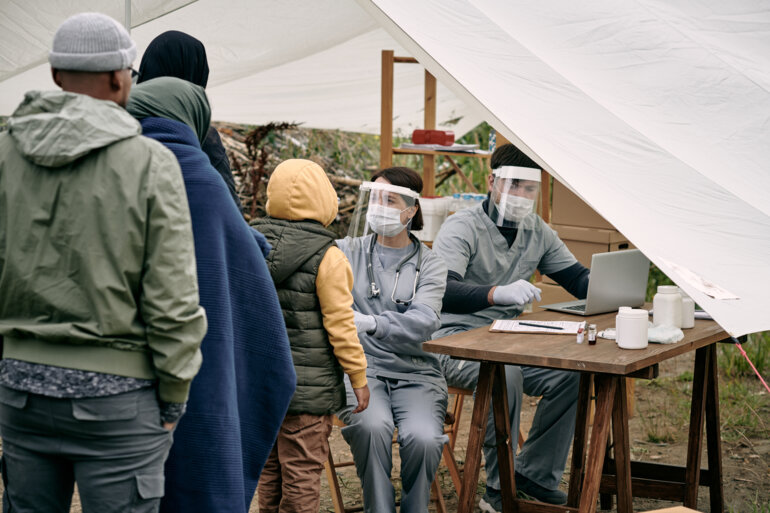Managing frail patients reminds us of one of the biggest challenges in oncology – the need to treat the right patients, not all patients. Frailty is generally accepted as a state of vulnerability to adverse outcomes in older adults. Performance Status (PS) scales help us assess a frail patient’s robustness and appropriateness for a particular treatment. Although frail patients may be unable to tolerate specific treatment, it is unethical to withhold antineoplastic therapy from a patient based solely on poor PS, which we know does not provide a real picture of treatment effectiveness and toxicity in a number of patients, such as older cancer patients. Also, chronological age alone with an assumption of frailty in the elderly, is sometimes used to decide whether or not to administer anticancer medicines, thus increasing the risk of overtreating or undertreating patients.Some reluctance to treat frail patients among oncologists is likely due to a lack of knowledge on the potential safety and efficacy impact of a particular treatment in ‘real-life’ patients. During the past 25 years, as much as 59–63% of the background cancer population were aged ≥65 years and yet, these patients constituted only 25–33% of patients enrolled in clinical trials. Worse still, owing to stringent protocol-defined exclusion criteria, only the very fittest older patients without comorbidities are included in these trials. I think there is still a clear disconnect between the types of patients in which the safety and efficacy of therapies are evaluated and the types of patients who will be offered the therapies in real-life clinical practice. In my opinion, clinical trial protocols need to be updated to reflect real-life patients, particularly (older) frail patients.As the number of frail patients increases alongside constraints on healthcare budgets, how can our society afford to treat them? We must instigate cost-effective strategies to treat the right patients and stop treatments that bring no beneficial outcome. To define the ‘right’ patients, we should use a multidisciplinary approach based on sensitive frailty assessment tools, such as a comprehensive geriatric assessment (CGA), to identify patients appropriate for treatment, regardless of chronological age. Specific management guidelines should be followed as frail patients may require additional supportive care to help them tolerate treatment, such as the use of granulocyte colony-stimulating factor (G-CSF) to prevent chemotherapy-induced neutropenia. However, the cost effectiveness of G-CSF in frail patients has not been fully explored and more efforts are needed in this direction.A Multidisciplinary session today will discuss ‘Managing the frail patients’ (15.00 – 16.00, Tarragona Auditorium [Hall 7]).





